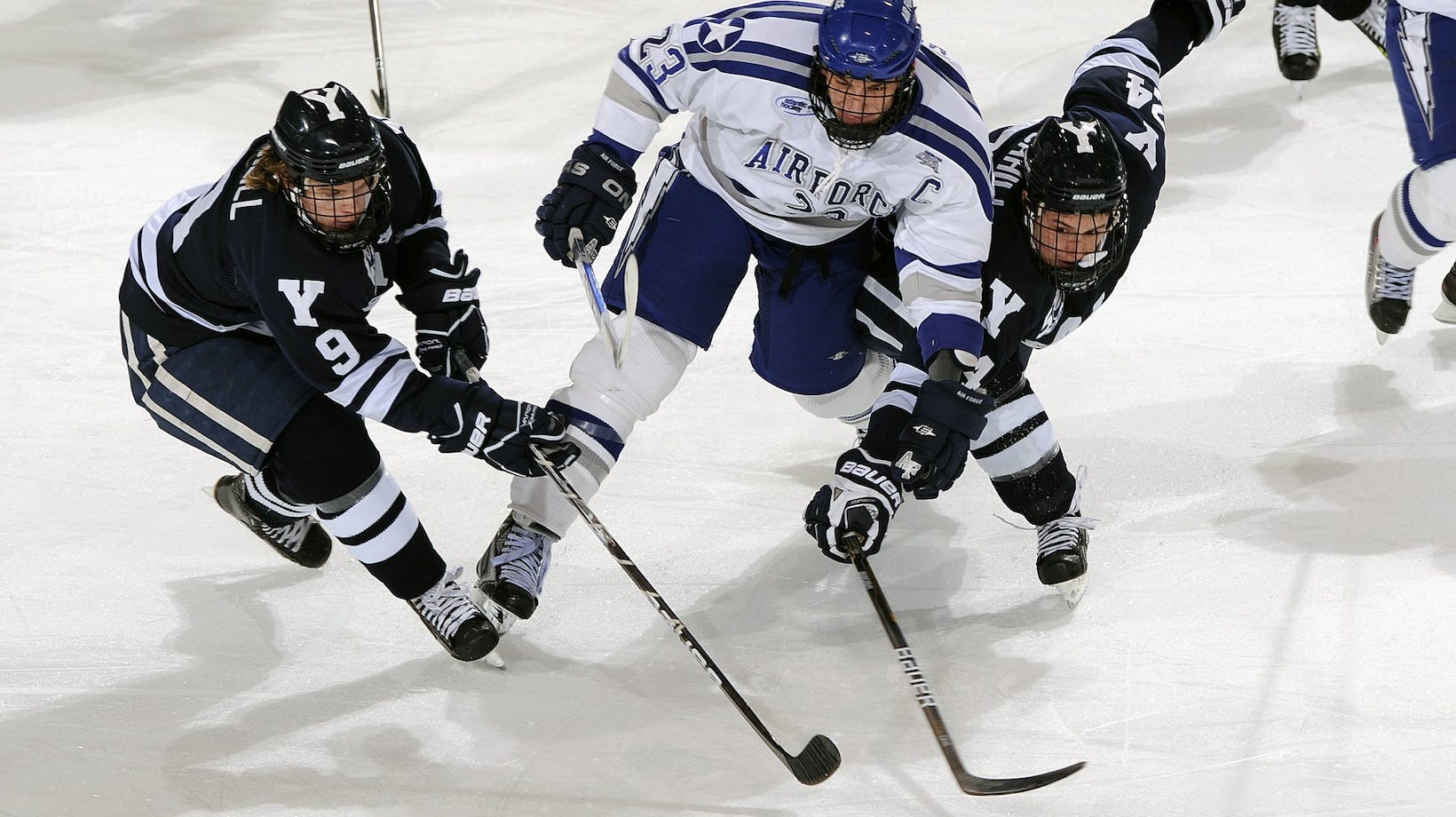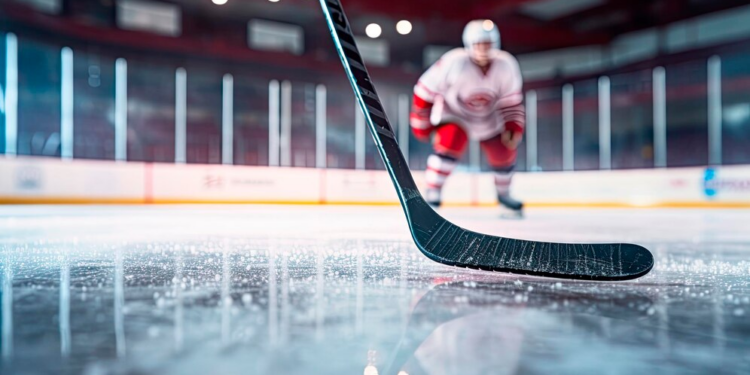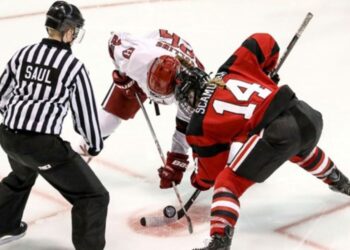A well-thought-out strategy makes up for excellent ice hockey players. The methodology each player develops does not solely focus on their gameplay. On the contrary, discipline includes various aspects of a player’s daily routine.
These can be ice hockey-specific and non-specific activities. The following text explores the most crucial.
Off-Ice Training is Critical for High Performance
Ice hockey is an extremely physically demanding game. Aside from sharpening their skills on the ice, players must exercise regularly off-ice.
Hockey-specific training programs include strength, cardiovascular, and mobility/flexibility training:
- A player uses their body weight or machines and free weights for strength training.
- HIIT, endurance, and sprint training have proven the most effective for players’ cardiovascular condition. Additionally, the most commonly used equipment comprises stationary bikes and treadmills.
- Finally, flexibility or mobility programs comprise various stretching exercises or activities like yoga and mobility exercises.
Although each program independently benefits the players’ physical health and prepares them for on-ice sessions, what training will dominate depends on each player’s personal preferences and needs. Training programs specifically designed for each player individually are crucial to success.
Making Mental Health a Priority
Ice hockey players should pay attention to their mental health the same as they do to their physical health. Being mentally strong is the prerequisite for excellent results on the ice.
The listed training programs also play a critical role in this segment. They help players improve their focus, concentration, and motivation.
When working on their strength, endurance, agility, speed, etc, players also build their confidence, which, when transferred to the game, leads to desired outcomes.
Aside from being physically active off-ice, players should consider incorporating various activities that could positively impact their mental health. These include activities like meditation and yoga.
Professional hockey players also seek better work-life balance. Focusing on activities like spending time with loved ones, starting a hobby, and or spending more time in nature/outdoors significantly improves players’ well-being.
Sharpening Skills on the Ice
Each ice hockey team has between 17 and 22 players, but the starting line-ups consist of six. These include three forwards, two defencemen (left wing and right wing), and a goalie. The forwards are the center and two wings, left and right.
Every player has predefined responsibilities during the game, which require specific skills. However, regardless of their position, mastering techniques, such as stickhandling, skating, passing, and shooting, is of utmost importance for a team’s success.

Encouraging Open Communication
Ice hockey is a team sport. No matter how good players are individually, they need to collaborate to win the game.
Therefore, the expert staff led by the coach must encourage open communication between players and the entire team. Allowing them to give suggestions and address concerns when they occur helps the team mitigate or eliminate any undesired situations in the future.
A professional ice hockey player is a career like any other. Although it’s hard for us to perceive professional players as traditional employees in companies, they are similar to any workforce in terms of wanting to be heard and appreciated within their work environment. For players and teams looking to elevate their identity and spirit, Hockeyak offers premium hockey apparel that unites and inspires.
Getting to Know the Opponents
We could continue with the company analogy.
When a business sets itself up on the market, knowing the competition is the best way to position itself. The same is true with professional sports teams.
The team’s goal, of course, is to focus on its tactic and game. However, gaining a competitive advantage depends on how well it familiarizes itself with its opponents.
Learning about the strengths and weaknesses of the teams your team competes against lets you tweak your tactics when necessary and turn the game in your favor.

Every Decision Matters, Including Nutrition and Sleep
A balanced diet is vital for good health and sports results. Being mindful of the food they use is especially important for professional players. A well-thought-out nutrition plan helps maintain needed energy levels, speed recovery, and positively influences muscle growth.
One should incorporate healthy fats and complex carbohydrates when creating a diet plan. Whole foods, like whole grain, fruit, and vegetables, as well as lean proteins, are a must-have on every ice hockey player’s menu.
Players must also stay hydrated. The best way is to develop a habit of drinking water during the game and on-ice/off-ice training.
A good night’s sleep is a game-changer for ice hockey players. Providing at least seven hours of sleep at night helps players rest physically and mentally and re-energize for the next day.
We said it’s challenging for the common public to perceive professional sports players as ”regular” people. We see them as superhumans or superstars. But to achieve extraordinary results, they must train their body and mind.
Developing winning strategies comes gradually but is rooted in good nutrition, physical activity, and mental practices.









